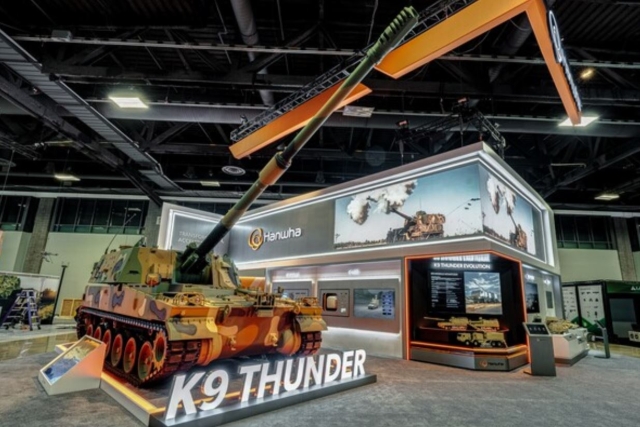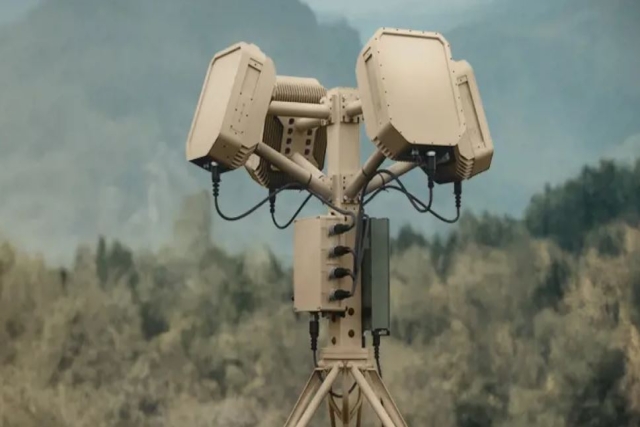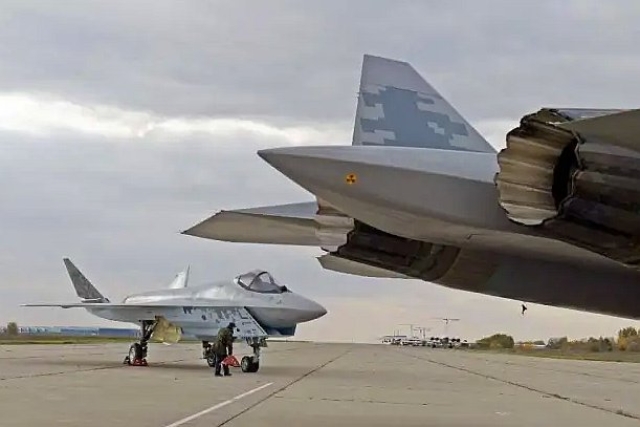Polish Land Forces commander resigns over equipment issues

According to Polish media reports, Polish Land Forces Commander Lt. Gen Waldemar Skrzypczak has resigned, after accusing defense bureaucrats in Warsaw of serious incompetence, which was partly responsible for the deaths of Polish soldiers. On August 17, the general told the Polish media that defense ministry officials knew war only from the movies and reportedly said that: “It is shameful that we haven’t given soldiers needed equipment… We’ve been fighting for equipment [like UAVs and fully armed helicopters] for over two years, but no one is listening to commanders. We’re asking for arms but everything is drowning in procedures”. As one might predict, those comments touched off promises of a major equipment purchase, along with a political firestorm. One that only got worse when Poland’s Defense Minister Bogdan Klich told a press conference that the general had admitted his comments were a mistake. The general quickly responded that the minister was being dishonest, adding that the only mistake he accepted had been making the comments the day before the funeral of Capt. Daniel Ambrozinski, 32, killed by a Taliban sniper on Aug 10/09. Four soldiers were wounded in the clash, and initial inquiries found that the unit had not received prompt back-up owing to equipment shortages. Gen. Skrzypczak added that he stood fully behind the substance of his remarks, and resigned in protest. In a Polish Radio interview the next day, Defence Minister Bogdan Klich described the resignation as being “politically motivated,” which is true even if one takes the general fully at his word for his reasons. Minister Kilch added that the general had never approached him with these criticisms, “neither in public nor in private”. This has hardly been the first complaint regarding Polish equipment and logistics performance, however, as their presence in Afghanistan has grown from a token force of about 100 to around 2,000 troops today. Some of these problems have apparently come from trying to keep up with the Americans, who keep changing key components of their body armor, roadside bomb jammers, and night vision gear. Other problems involve difficulty budgeting for and delivering equipment to meet trends like personal tactical radios and UAVs, which have caught on in Britain and America as critical components for urban combat. Still other problems involved timely provision of basic upgrades like actually mounting adequate machine guns on Poland’s Mi-17s, and an MND supply office that was slow to provide spare parts, leaving Polish soldiers with broken and hence useless equipment.









